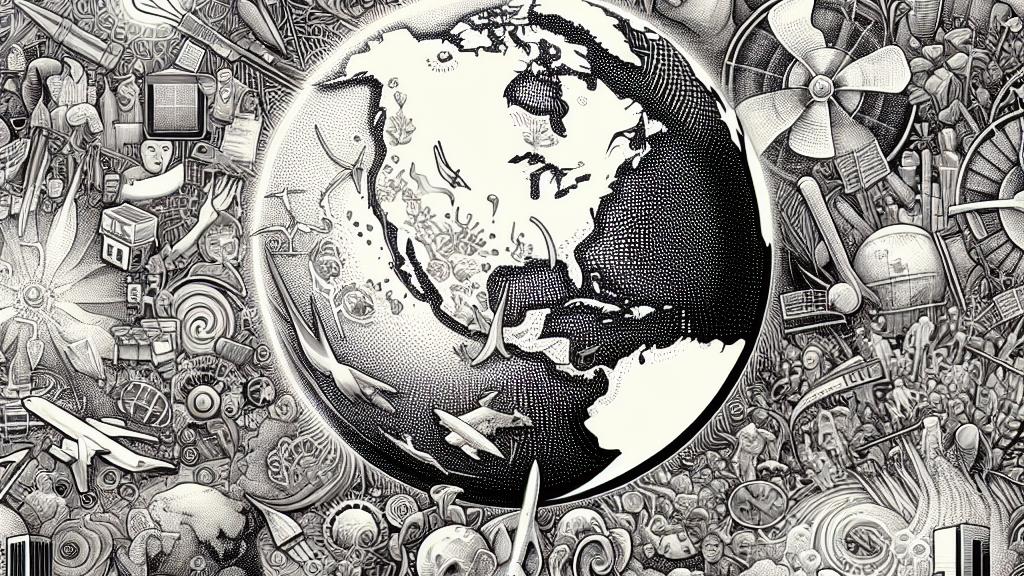World Bank Appoints First Director for Loss and Damage Fund
Overview
- Ibrahima Cheikh Diong, a seasoned finance professional from Senegal, has been selected as the first director of the Loss and Damage Fund.
- This fund aims to provide crucial support to developing countries facing severe climate challenges such as extreme storms, flooding, and rising sea levels.
- With a significant initial pledge of $800 million at COP28, the fund is set to transform the lives of those hardest hit by climate disasters.

A New Era of Leadership from Senegal
The recent appointment of Ibrahima Cheikh Diong as the inaugural director of the Loss and Damage Fund marks an exciting new chapter in the global fight against climate change. Diong, who hails from Senegal, has an impressive track record in development finance and disaster risk management. His previous roles, including Director General at the African Risk Capacity Group, showcase his expertise in fostering innovative solutions to mitigate the impacts of climate-related disasters. This leadership appointment not only brings a wealth of experience to the fund but also highlights the importance of representing the perspectives of developing nations, which often face the brunt of climate-related issues. Diong's commitment is clear as he gears up to make a meaningful difference in these vulnerable communities.
A Critical Financial Backing
At the COP28 summit held in Dubai, a landmark initial commitment of $800 million was pledged to the Loss and Damage Fund, underscoring the urgent need for financial resources to combat climate-induced hardships. Countries like the Philippines, which are no strangers to natural disasters, stand to benefit immensely from this fund. For instance, typhoon recovery efforts that typically strain national budgets could be bolstered by these funds, facilitating rapid response measures and long-term resilience building. Moreover, with COP29 set to take place in Baku, Azerbaijan, in November 2024, it’s imperative that wealthier nations intensify their contributions to ensure this fund realizes its full potential. The goal is to not just provide financial aid but to empower communities to prepare for, respond to, and recover from the impending risks of climate change.
Overcoming Challenges for Greater Impact
While the establishment of the Loss and Damage Fund is promising, the road ahead is rife with challenges that necessitate careful navigation. One pressing issue is the need for the Transitional Committee to clearly define 'loss and damage' in a way that encompasses both economic liabilities, such as property destruction, and non-economic impacts, like the loss of cultural heritage. Consider the devastation faced by communities in coastal areas—how can we truly measure the loss of their identity alongside the monetary destruction? As COP29 approaches, engaging local stakeholders and gathering comprehensive data will be crucial for effective fund distribution. Diong's role will be pivotal in steering discussions that lead to actionable outcomes, ensuring that the fund not only meets its financial commitments but also creates real, lasting change in the lives of those affected by climate change.

Loading...